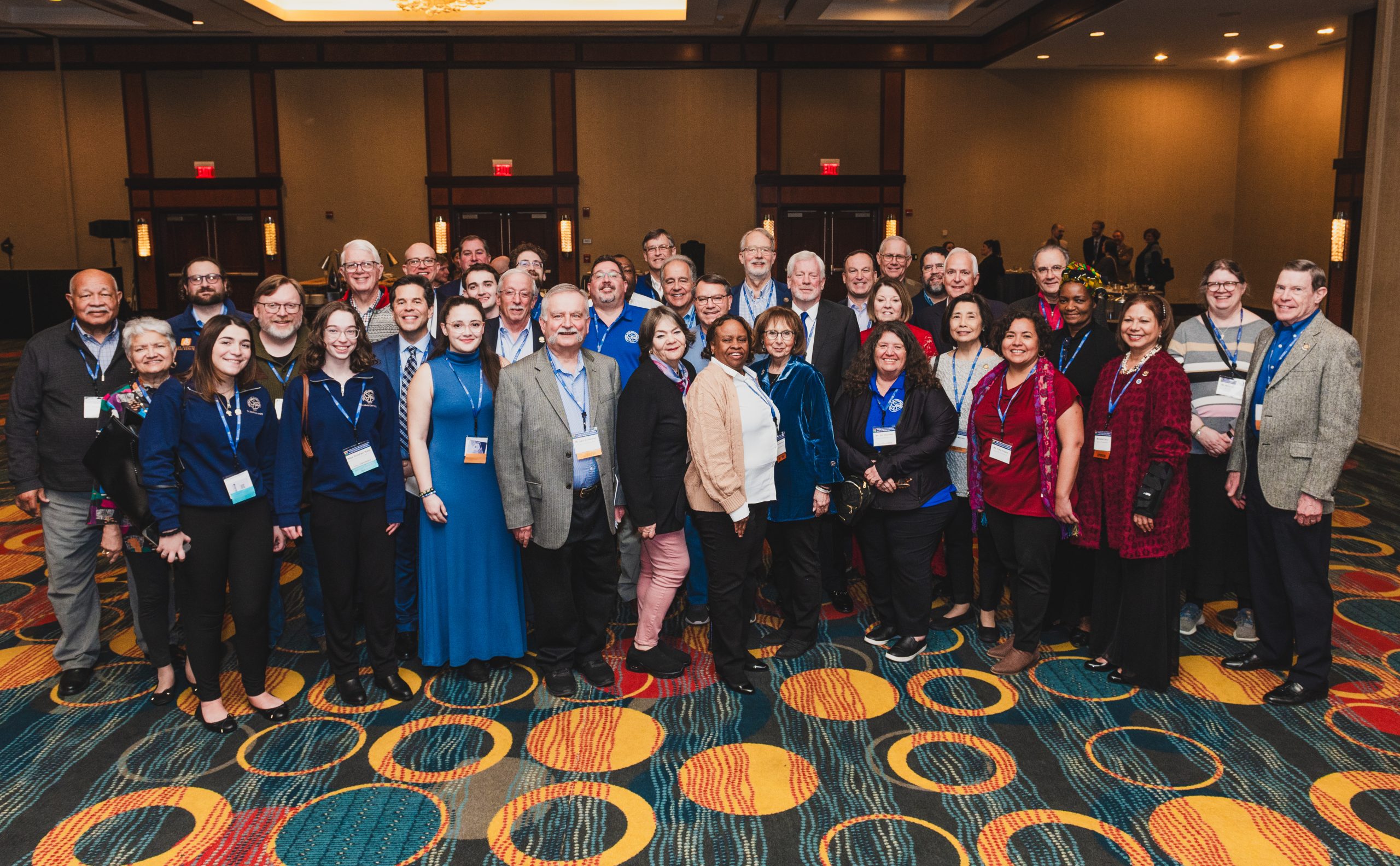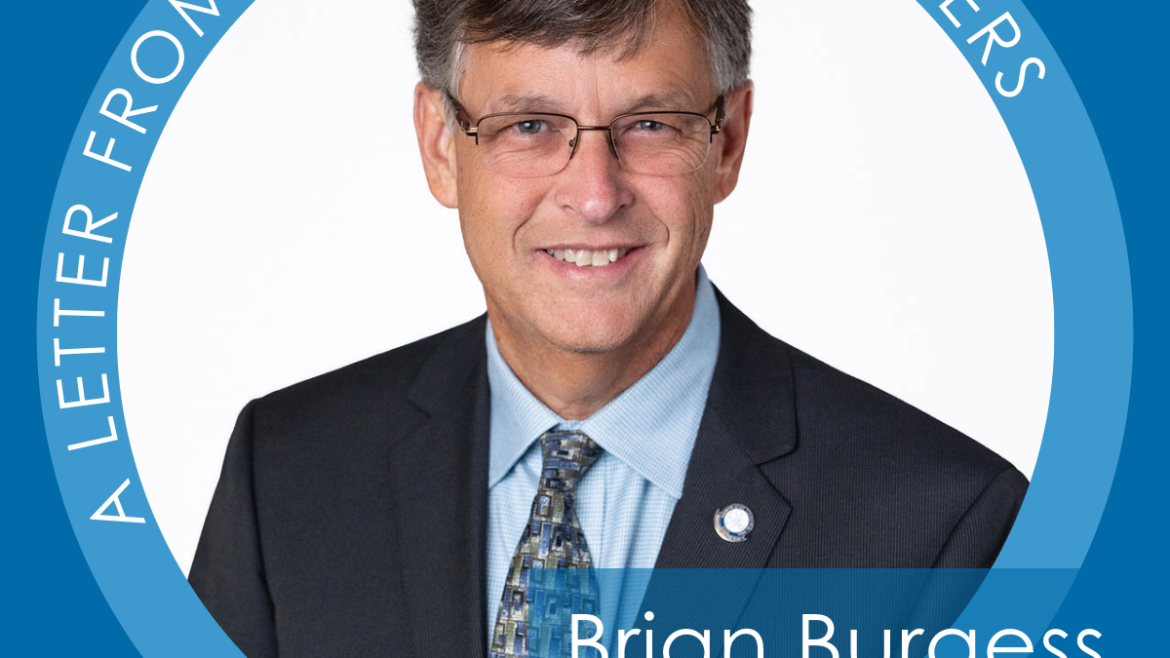by Michael Vanderburgh, Executive Director, Dayton District Council
Dayton, Ohio is nationally known for a lot of things: invention, innovation, military heft, a massive water supply — and the largest homeless shelters anyone has ever seen.
For the past 40 years, we have succeeded in providing shelter, food, and clothing. But we have also failed. We have failed to solve homelessness.
Sure, I can tell you success stories of individuals who have triumphed over adversity out of homelessness. Some of them work with me at SVdP Dayton. But the City of Dayton and Montgomery County are beset with stories of suffering met by a ballooning human services industrial complex, growing since the Great Society, launched in 1964 by President Lyndon Johnson. No program, and no amount of money spent, addresses the root cause of chronic homelessness: ruptured relationships in a culture that does not encourage us to love one another.
In 1984 there was an evident need in Dayton for emergency shelter. SVdP sometimes allowed men to stay the night in our downtown thrift store during extreme weather. Led by Tony Staub and Jim Butler, we came up with the idea of a “hotel” for homeless men. The City of Dayton formed a committee, and in 1985 a former fire station at 212 W. Fifth Street was designated. Many Dayton residents were against the project, but as then-City Commissioner Pat Roach said, “If we don’t have [St. Vincent de Paul] doing this, we’ll end up having to do it ourselves.”
On December 15, 1985, SVdP Dayton began its focused ministry of emergency shelter for men, which was later expanded to include women and children.
That first year, we sheltered an average of 60 people per night at a cost of $300,000 for the year. Only 1% of that $300,000 came from the government — 99% was from private funding. Within a few years, shelter was already operating at or near capacity.
In July 2005, SVdP Dayton closed the Fifth Street shelter and opened the Midtown Apple Street shelter out of a former furniture warehouse location. In December 2009, pressure from Midtown neighbors led SVdP Dayton to open the Gettysburg Shelter for Men in the long-shuttered City of Dayton prison (euphemistically known as The Workhouse). It sits on Prison Road, surrounded by prisons, near Dayton’s Waste Management Landfill and wastewater treatment plant — not a place any person can reasonably expect to heal, recover, or feel valued as a human being.
Recently, SVdP Dayton announced that we will cease operating the Gettysburg Shelter on June 30, 2025, a decision driven by the reality that we can no longer afford it. But the hard truth is that our homeless men deserve a better environment of care.
In 40 years, our sheltered homeless population has increased nearly 1,000%, and our costs to serve them have increased over 2,200%, even though the overall population of Montgomery County has decreased over that time.
The good news is that for the past 15 years we have always had “room at the inn” for our homeless brothers and sisters; we have managed to feed the hungry, clothe the naked, and shelter everyone from frigid wind and searing heat. The bad news is that all these years we have been alleviating symptoms of an ever-growing problem without addressing its primary causes: separation, division, resentment, bitterness, unforgiveness, selfishness.
Yes, the choices that you and I make in pursuit of our own pleasure and individual desires are the same choices others struggle to manage to the point of homelessness.
What can you and I do? We need to love one another at some basic level. A level that shows dignity for each other, respect for humanity as a social enterprise, and honor for the social fabric that makes us human — not objects of each other’s desires. Listen to a chronically homeless person, and you will hear a story of unwillingness or inability to love relatives and friends through suffering, theirs and ours.
Show up. Love your family members. Accompany them through their sufferings, and yours. Reconcile. Kindly acknowledge a stranger. And join with nearly 90,000 Americans in more than 4,000 communities who are part of the Society of St. Vincent de Paul to love your homeless neighbors. Love one another.

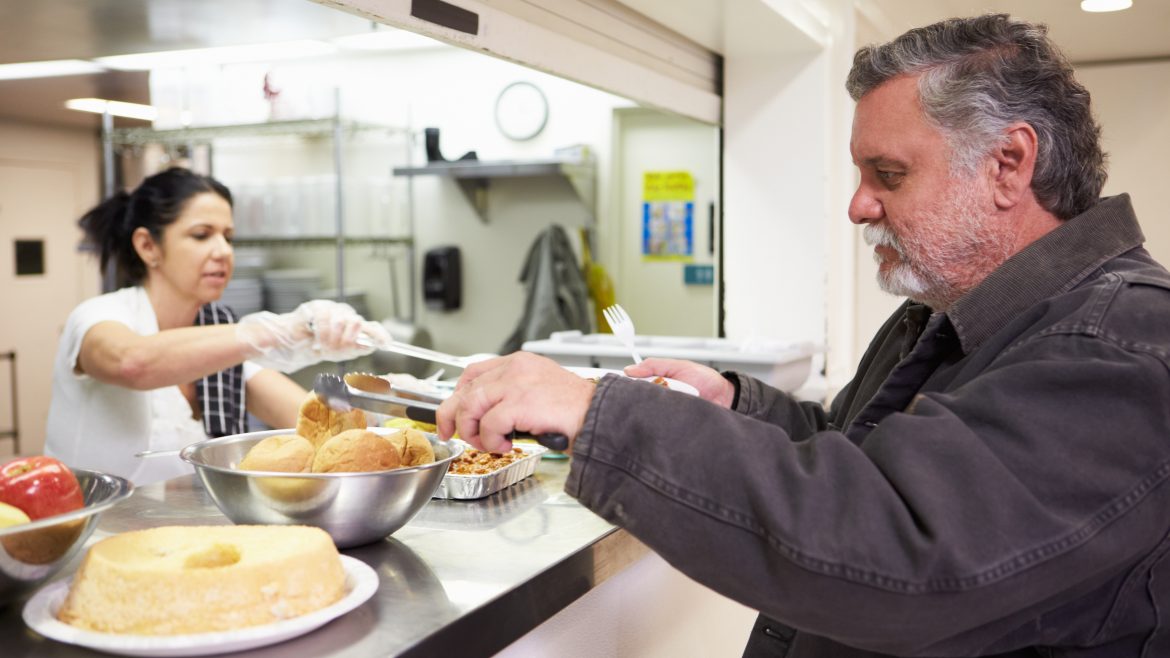

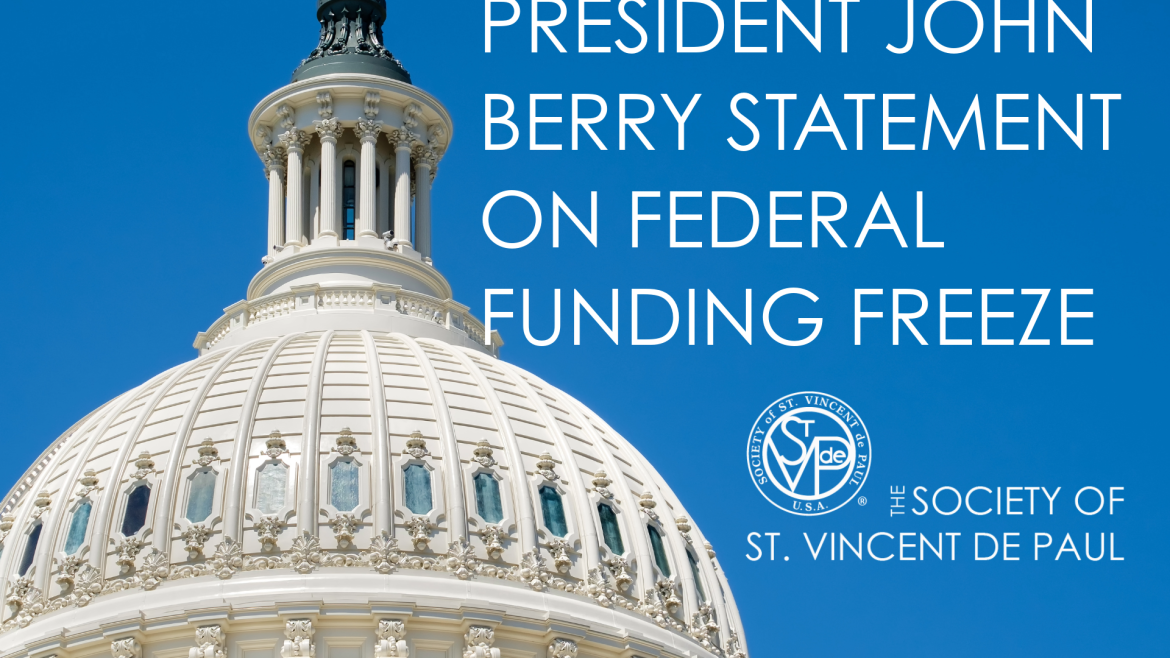
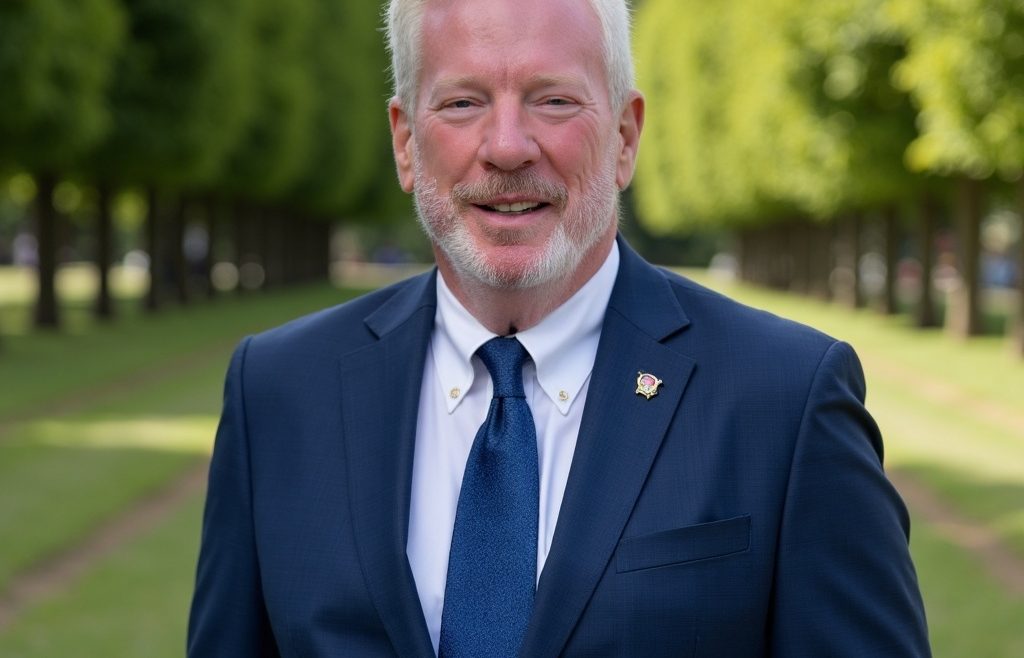
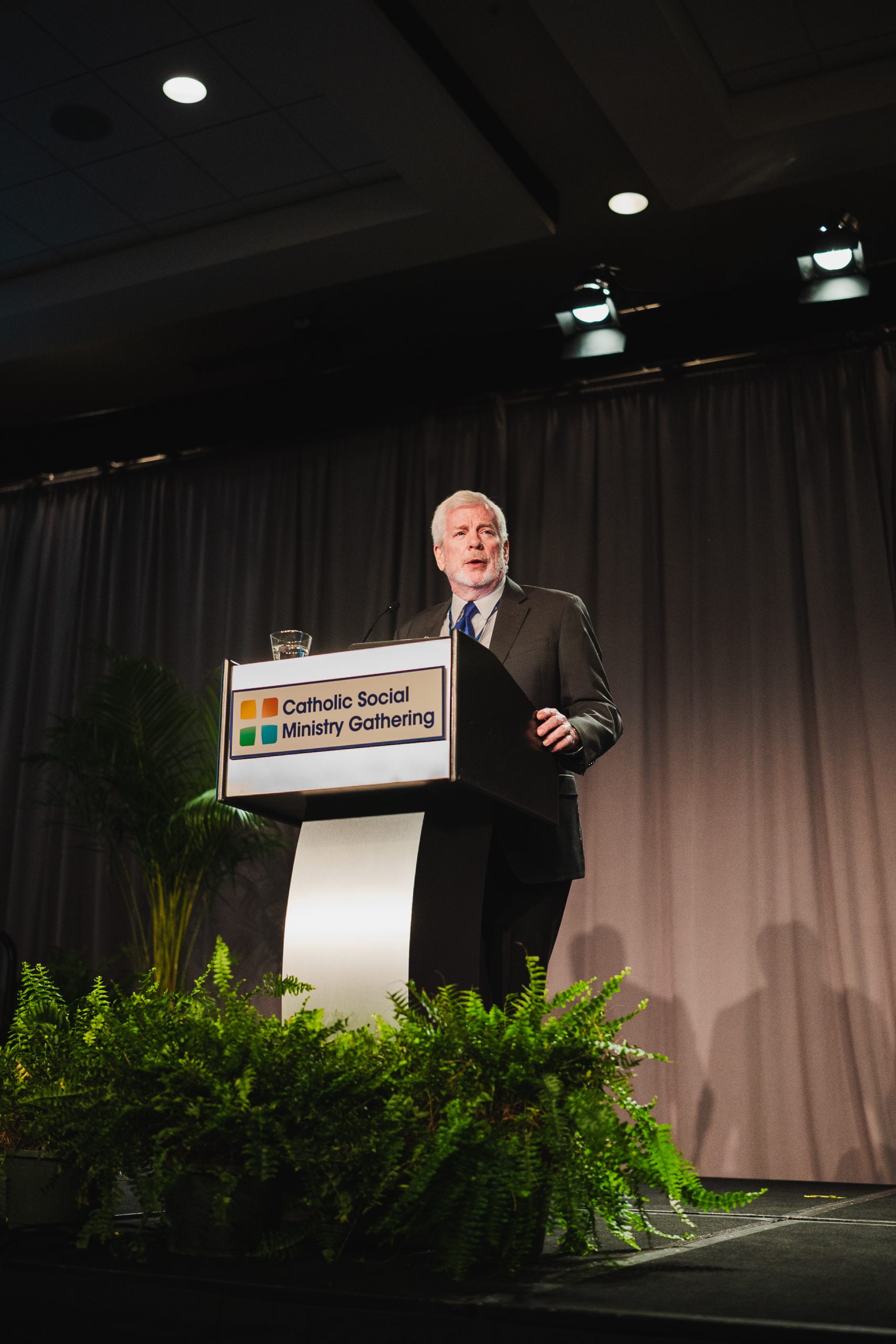 During our time together, we will be discussing issues important to our ministries and those we serve. We will discuss the calls to action required to address the many needs in the world. And we will also celebrate the profound joy that comes from growing in holiness through our response to Christ’s call to feed the hungry, clothe the naked, give shelter to the homeless, welcome the stranger, minister to the sick, and visit the prisoner. The work of every Ministry represented here is a vital lifeline for countless people in need, individuals and families often standing at the brink of despair, searching for a glimmer of hope.
During our time together, we will be discussing issues important to our ministries and those we serve. We will discuss the calls to action required to address the many needs in the world. And we will also celebrate the profound joy that comes from growing in holiness through our response to Christ’s call to feed the hungry, clothe the naked, give shelter to the homeless, welcome the stranger, minister to the sick, and visit the prisoner. The work of every Ministry represented here is a vital lifeline for countless people in need, individuals and families often standing at the brink of despair, searching for a glimmer of hope.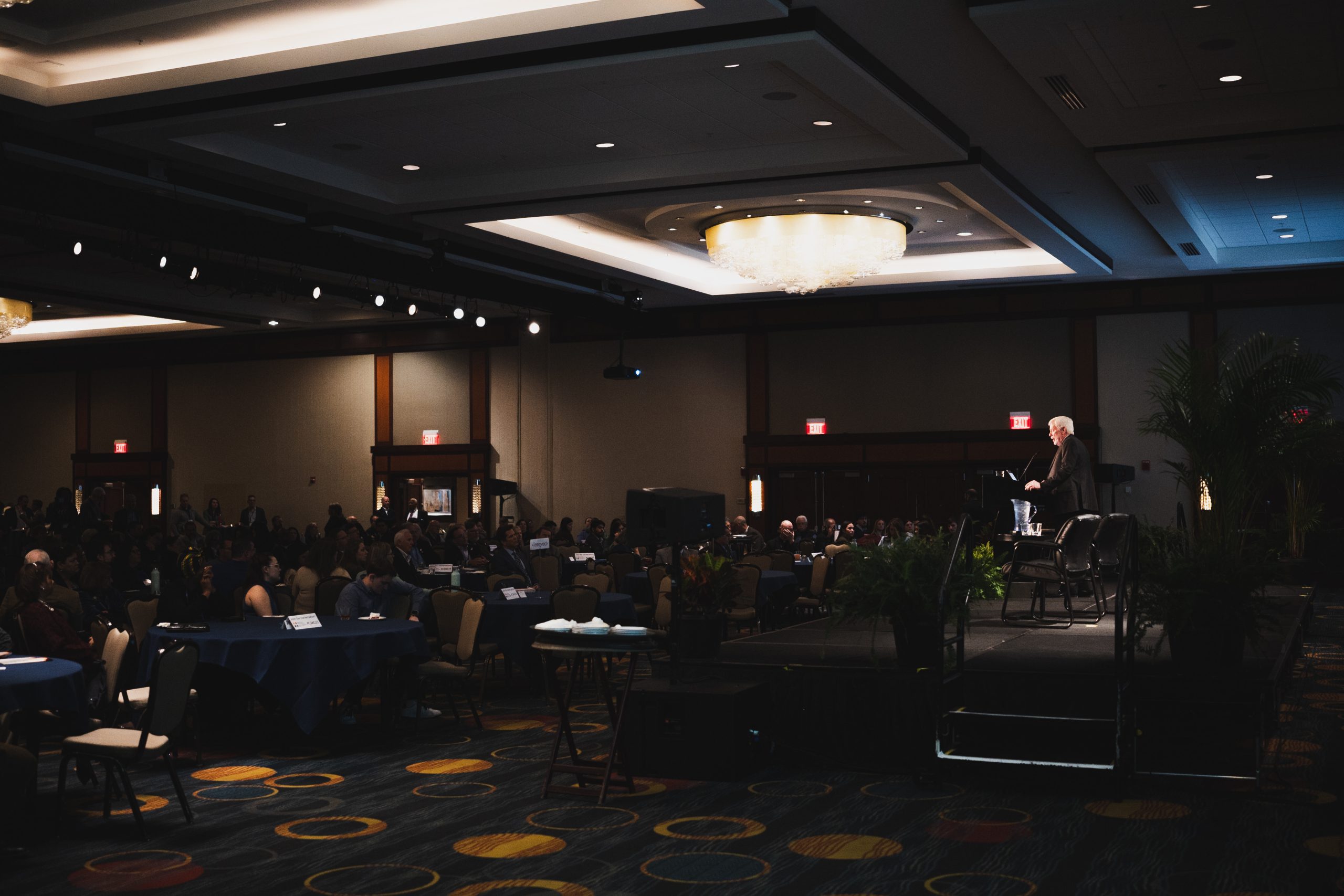 Our call to serve the poor, the refugee, the sick, and ALL those who suffer injustice and oppression is deeply rooted in Scripture. The Old Testament prophets often reminded Israel of their duty to care for the marginalized. We hear
Our call to serve the poor, the refugee, the sick, and ALL those who suffer injustice and oppression is deeply rooted in Scripture. The Old Testament prophets often reminded Israel of their duty to care for the marginalized. We hear 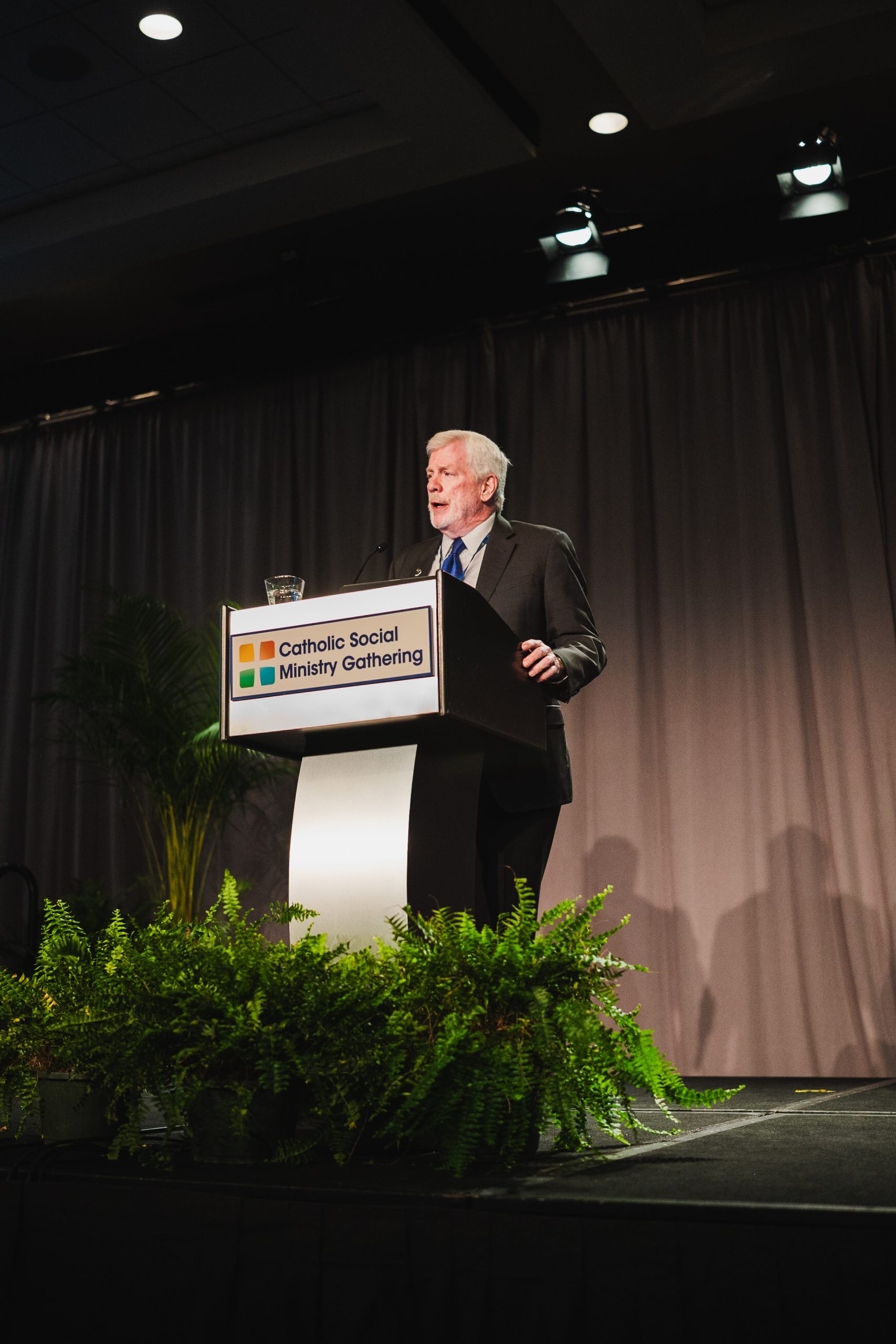 Our Vincentians understand the words that
Our Vincentians understand the words that 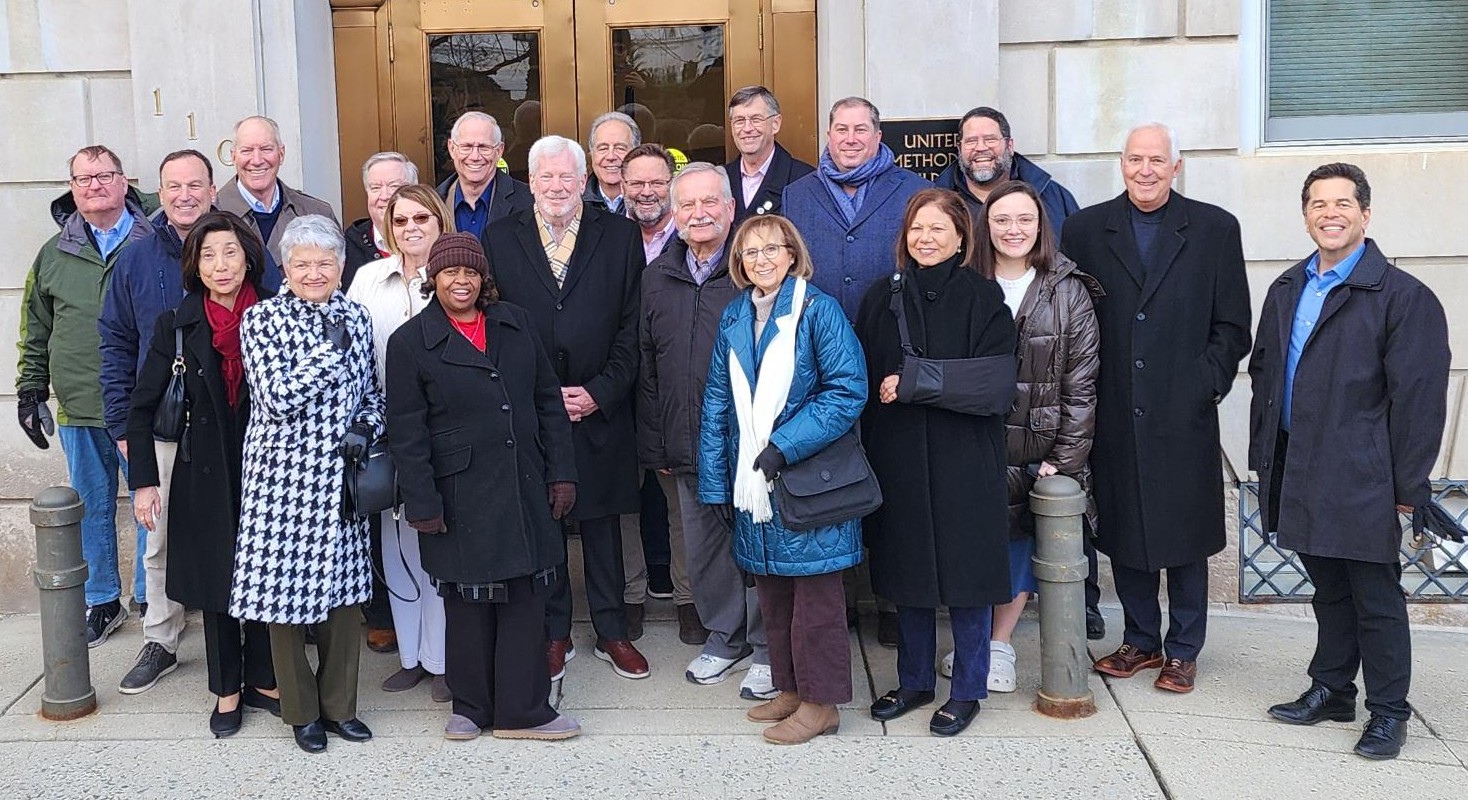 The stark and shocking reality of America and the world today is that millions of our brothers and sisters lack basic necessities — affordable housing, nutritious food, and quality healthcare. Families live on the streets, children go to bed hungry, and the cycle of poverty persists. Imagine a mother putting her children down to sleep on a cold night like tonight — with no bed and no roof overhead. Or a child going to school hungry, unable to focus on learning. This is the reality WE must change.
The stark and shocking reality of America and the world today is that millions of our brothers and sisters lack basic necessities — affordable housing, nutritious food, and quality healthcare. Families live on the streets, children go to bed hungry, and the cycle of poverty persists. Imagine a mother putting her children down to sleep on a cold night like tonight — with no bed and no roof overhead. Or a child going to school hungry, unable to focus on learning. This is the reality WE must change.